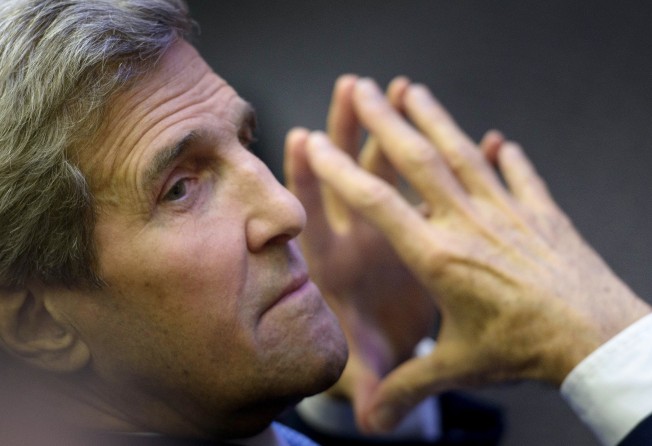Trans-Pacific trade talks teeter as headwinds get stronger

For those who see hope in the shiny lining of dark clouds, inconclusive preferential trade negotiations could offer the World Trade Organization new opportunities.
Without wishing ill on international agreements that promise benefits despite their discriminatory downside, the difficulties facing preferential deals – especially the multi-country ones – are not so different from those confronting the WTO. And with its objective of inclusiveness and basis in non-discrimination, the WTO is the high road when it comes to international trade cooperation.
Success eluded trade ministers from the 12 nations struggling to complete the Trans-Pacific Partnership (TPP) negotiations in Hawaii last weekend. Five years of hard work is in the balance for what was touted as the most ambitious, high-standard trade agreement in a generation, covering 40 per cent of global income.
The window of opportunity to complete the negotiations in the near future is fast diminishing. Some would say what had been billed as the last chance was just that, and the window has closed.
If that is correct, President Barack Obama’s pivot and legacy, along with Prime Minister Shinzo Abe’s structural adjustment efforts, are among the most obvious casualties, although the others hardly welcome the whiff of failure and lost opportunities either.
Optimists say that a reconvened gathering in August or September, or in the margins of APEC in November, could tie things up. But politics are an obstacle. Canada has an election in October and the US primaries begin in January. Vote counts and complicated legislative procedures – especially in the United States – could scupper the TPP for at least two years, and perhaps forever in its present form.
Even if the ministers do reconvene, how easily can they settle their differences? A number of tough calls for compromise confront them. Some of the areas where TPP negotiators remain apart include dairy products, intellectual property rights for biologic medicine, auto-parts, and exceptions to the right of investors to sue states in international tribunals where health or environmental quality are at issue, such as tobacco.
Intricate political economy stories underpin these stand-offs. Take auto-parts as an example. To preserve the competitiveness of its supply chains, Japan has been pressing for an origin rule that allows its automakers to import parts from Thailand under new TPP preferential terms. Mexico in particular, and possibly Canada, not only oppose that, but are against any TPP deal that affects preference margins under the North American Free Trade Agreement.
Electoral headwinds and popular opposition have tempted some to ask whether, with the WTO and all the other preferential venues in place, the TPP really warrants a do or die effort.
Strident opposition from non-governmental organizations can also dull enthusiasm. Some NGOs want to arrest all trade deals, regarding them as destructive of almost everything except corporate profits – including jobs, wages, safe food, affordable medicines and a sustainable environment.
A failed TPP will affect other preferential negotiations, generally reducing a sense of urgency and diminishing the time and effort spent on them. The ASEAN plus 6 negotiations (RCEP), the APEC-inspired FTAAP (Free Trade Area of Asia-Pacific), the EU-US Transatlantic Trade and Investment Partnership, and the EU-Japan trade deal could all receive diminished attention.
The link between the fate of the TPP and these negotiations is as much to do with geopolitical rivalry as with trade. Pivots and other strategically motivated deals simply do not have enough in common with widgets. It is hard for trade alone to sustain years of negotiating effort in a jungle of preferentialism overlaid by geopolitics, especially in the complex world of multi-country deals.
Herein lies an opening for a struggling WTO. Most governments know that ultimately they need to keep international trade and investment cooperation alive, prevent erosion of acquired gains and advance an open trade agenda over time. If multi-stakeholder preferentialism is no easier to navigate than multilateralism, why not take the high road? But the WTO must show it is up to the task.
Patrick Low is a fellow, Asia Global Institute at the University of Hong Kong